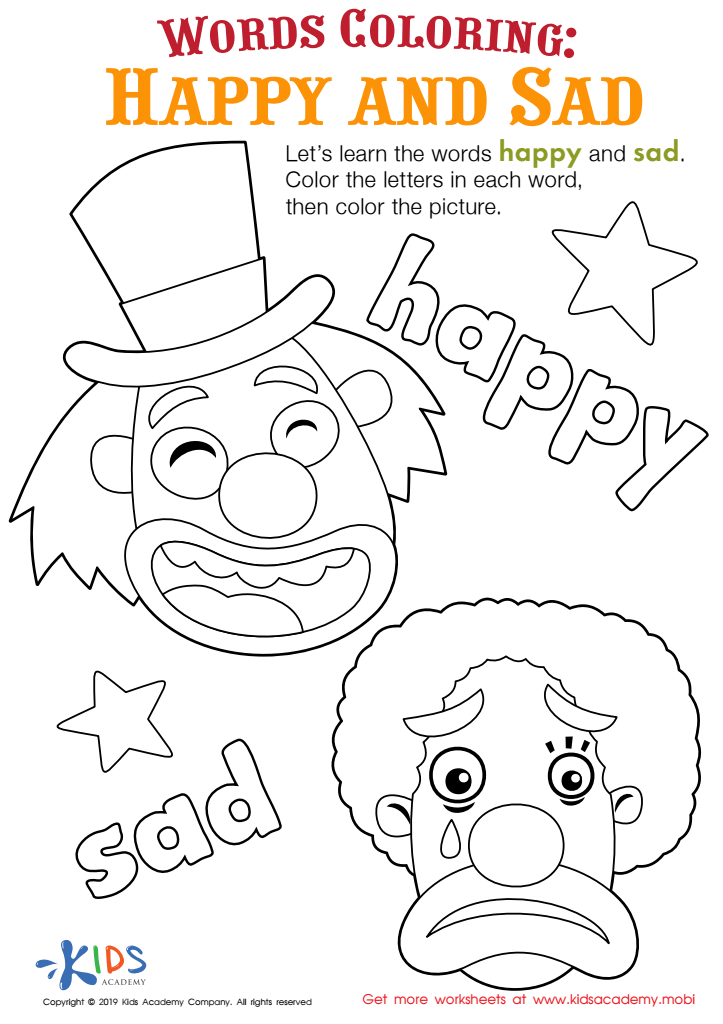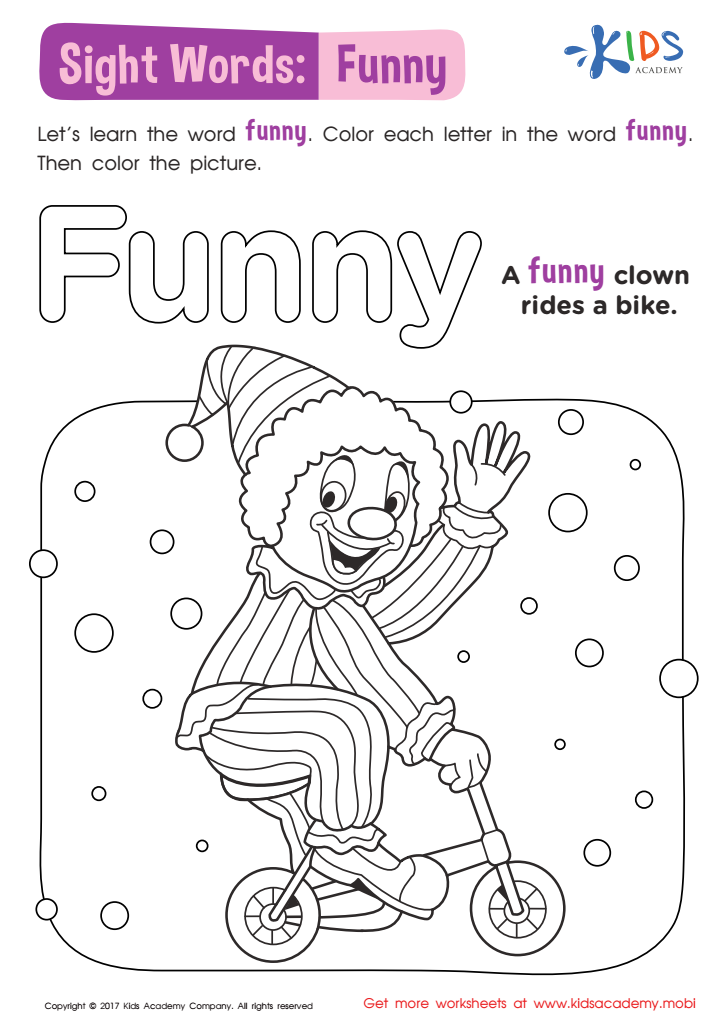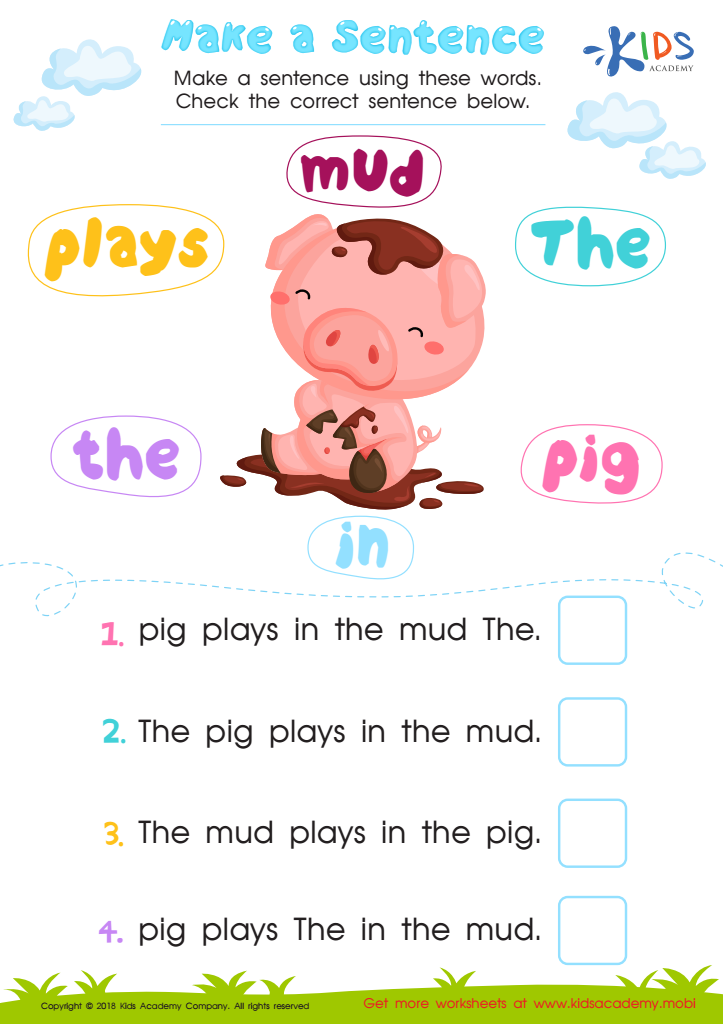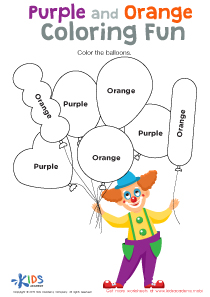Vocabulary Enrichment Easy English for Beginners Worksheets for Ages 3-9
3 filtered results
-
From - To
Explore our "Vocabulary Enrichment Easy English for Beginners Worksheets for Ages 3-9" for exciting and interactive activities that build essential language skills. Designed specifically for young learners, these worksheets make learning new words fun and engaging. Each worksheet combines vibrant visuals with simple exercises to help children understand and retain new vocabulary. Ideal for both parents and educators, these resources are perfect for use at home or in the classroom. Boost your child's language development, reading comprehension, and communication skills with our carefully crafted vocabulary enrichment worksheets. Start building a solid language foundation today!


Happy and Sad Words Coloring Worksheet


Funny Worksheet Sight Words Worksheet


Assessment: Make a Sentence Worksheet
Vocabulary Enrichment in Easy English for beginners aged 3-9 is crucial for cognitive and linguistic development. At this formative stage, young minds are incredibly receptive and capable of learning at a rapid pace. A robust vocabulary forms the foundation for effective communication skills. When children have a broad range of words at their disposal, they can express their thoughts, emotions, and needs more clearly and confidently. This proficiency not only makes social interactions smoother but also minimizes misunderstandings and frustrations.
Moreover, vocabulary development is closely tied to reading comprehension. Children with a richer vocabulary can better understand new texts, fostering a love for reading which, in turn, expands their knowledge and curiosity. It is a reciprocal cycle where better vocabulary leads to better reading skills, and better reading skills enhance vocabulary further.
Additionally, vocabulary enrichment sets the stage for academic success. A strong grasp of language aids in understanding instructions and concepts across all subjects, leading to improved performance in school. For non-native English speakers, early vocabulary development is even more critical, providing them with the tools to navigate their daily lives and integrate better into English-speaking environments.
Parents and teachers play a key role in this process through engaging, context-rich conversations, reading activities, and educational games. Their commitment facilitates not just language skills, but also social, emotional, and academic growth.

 Assign to My Students
Assign to My Students












